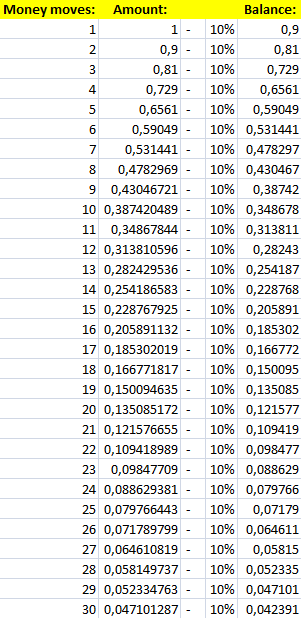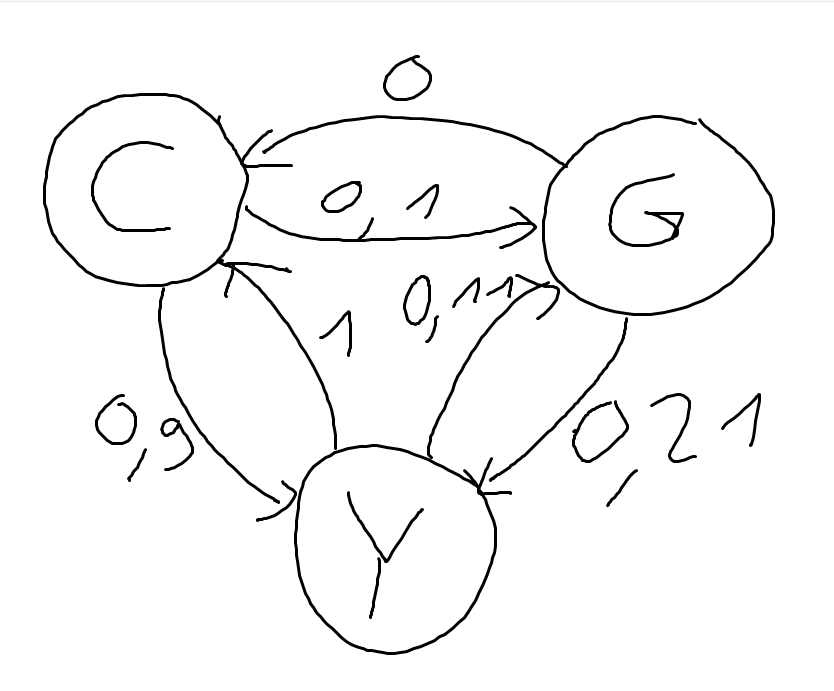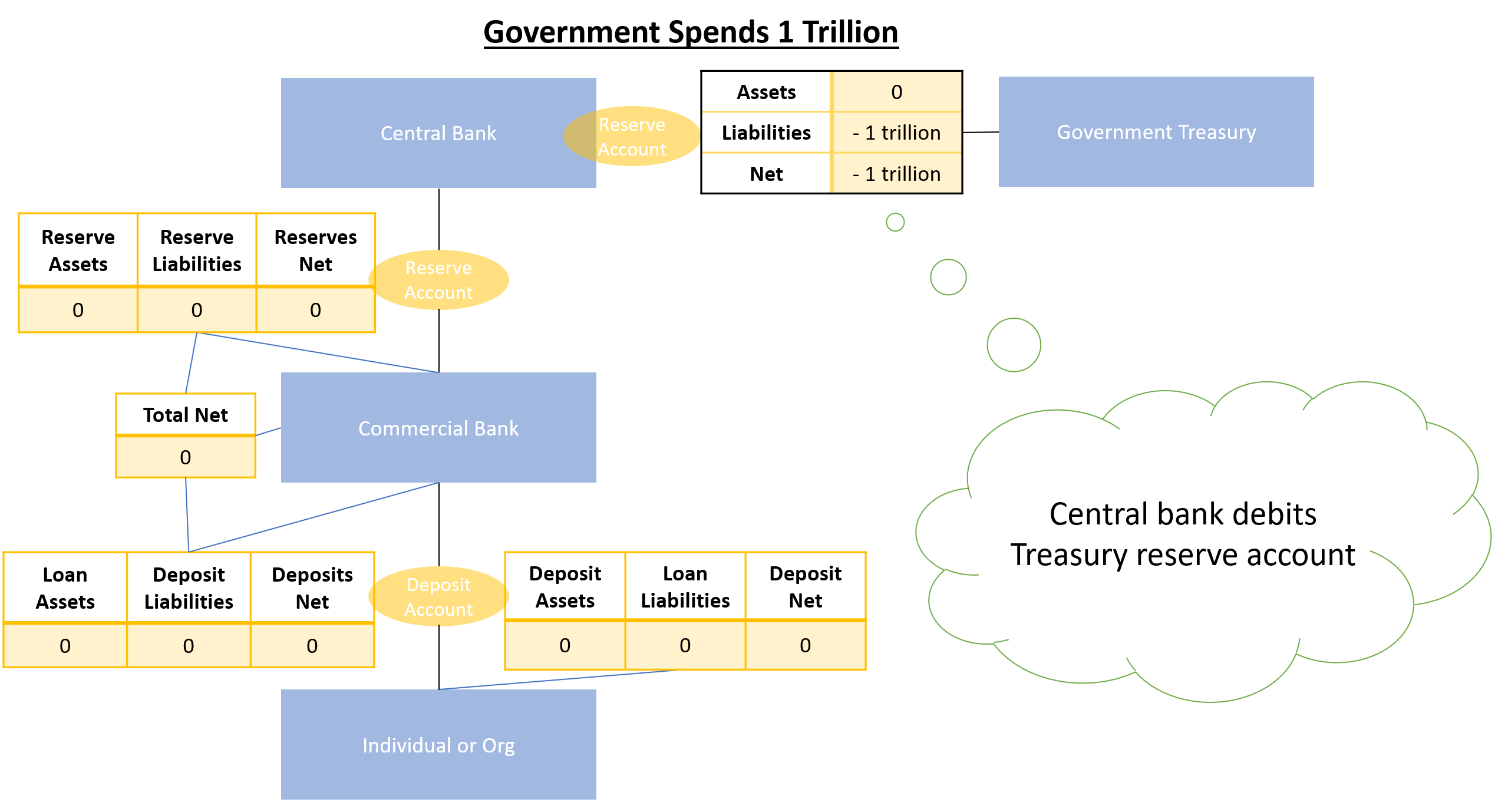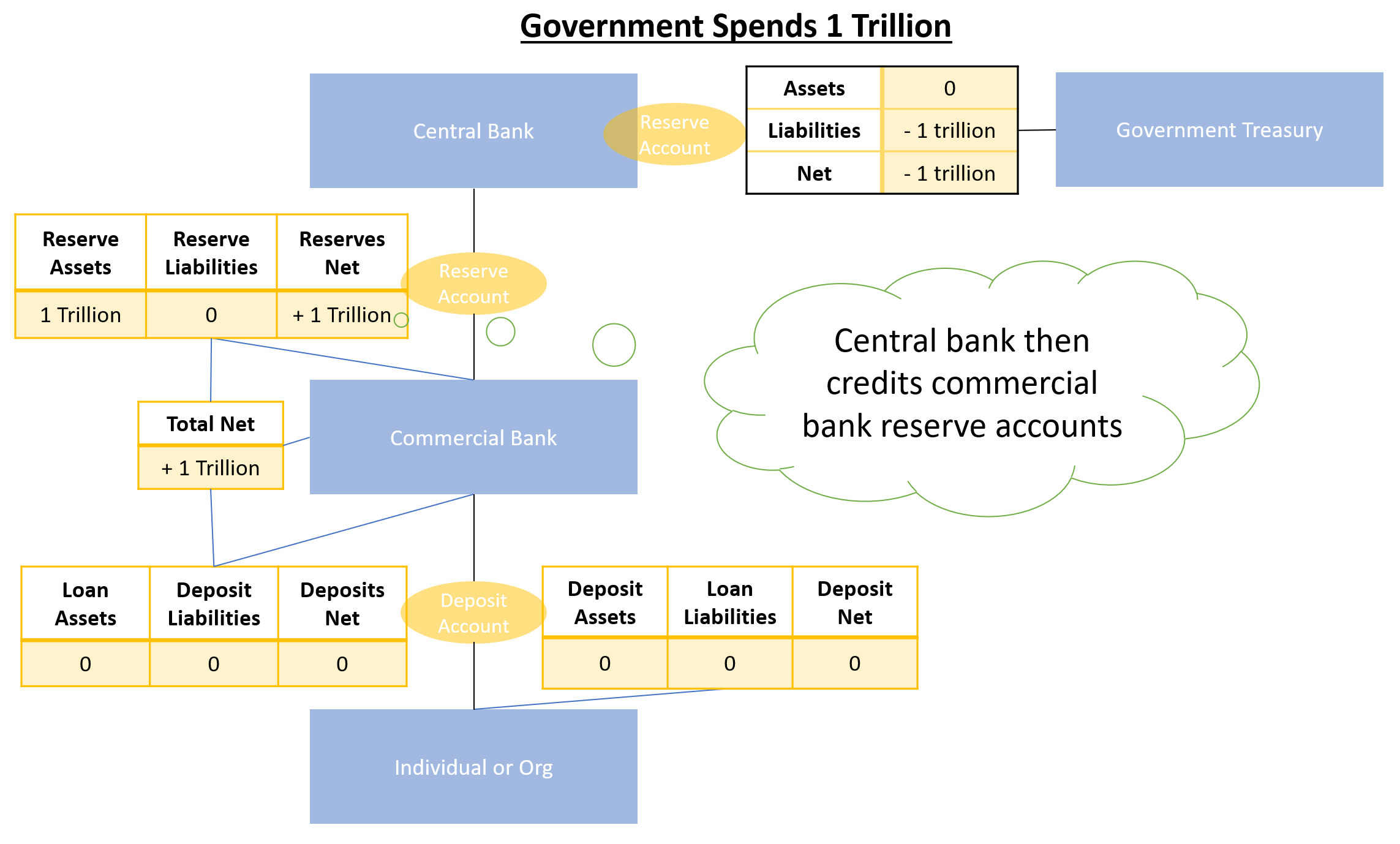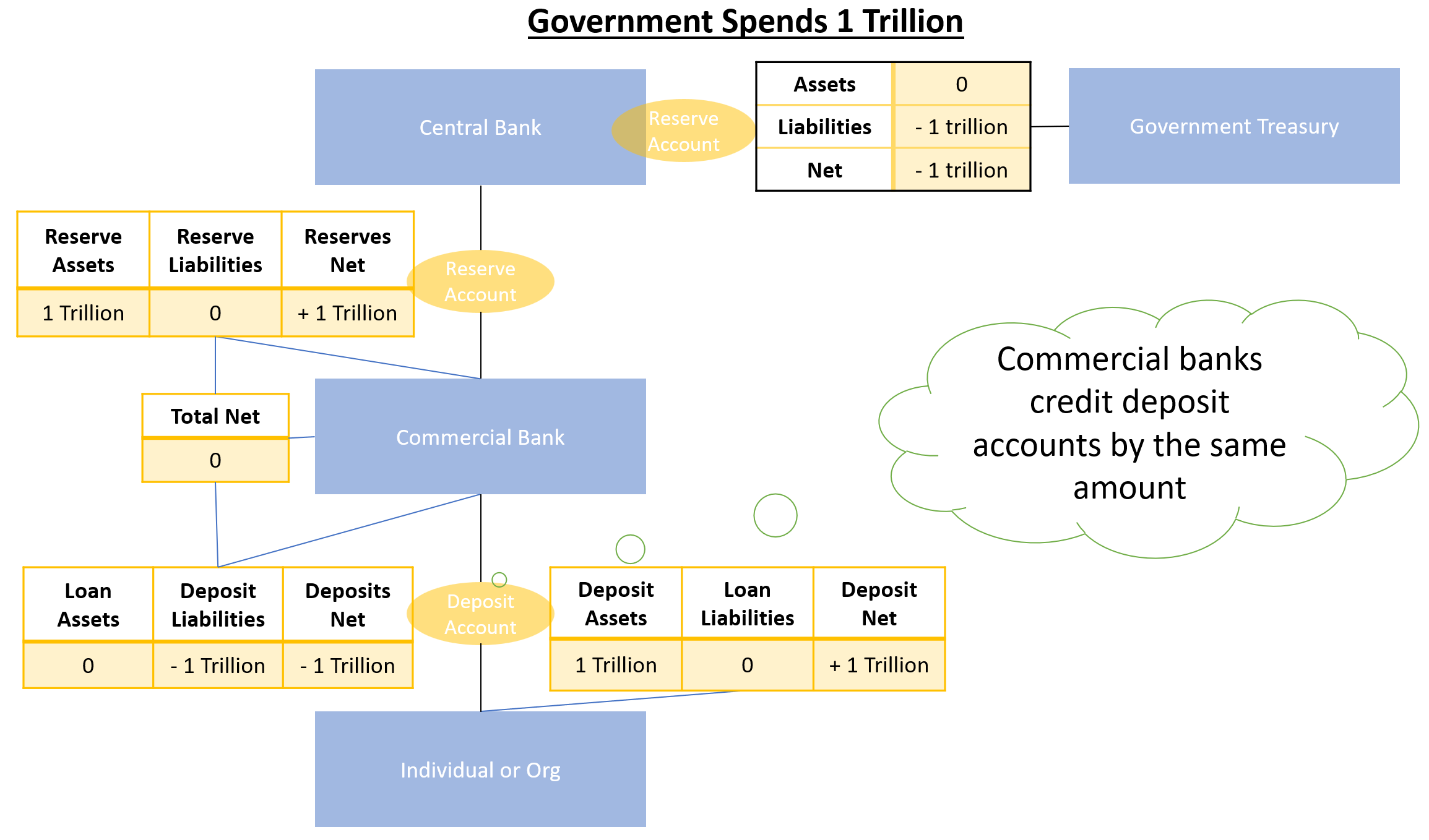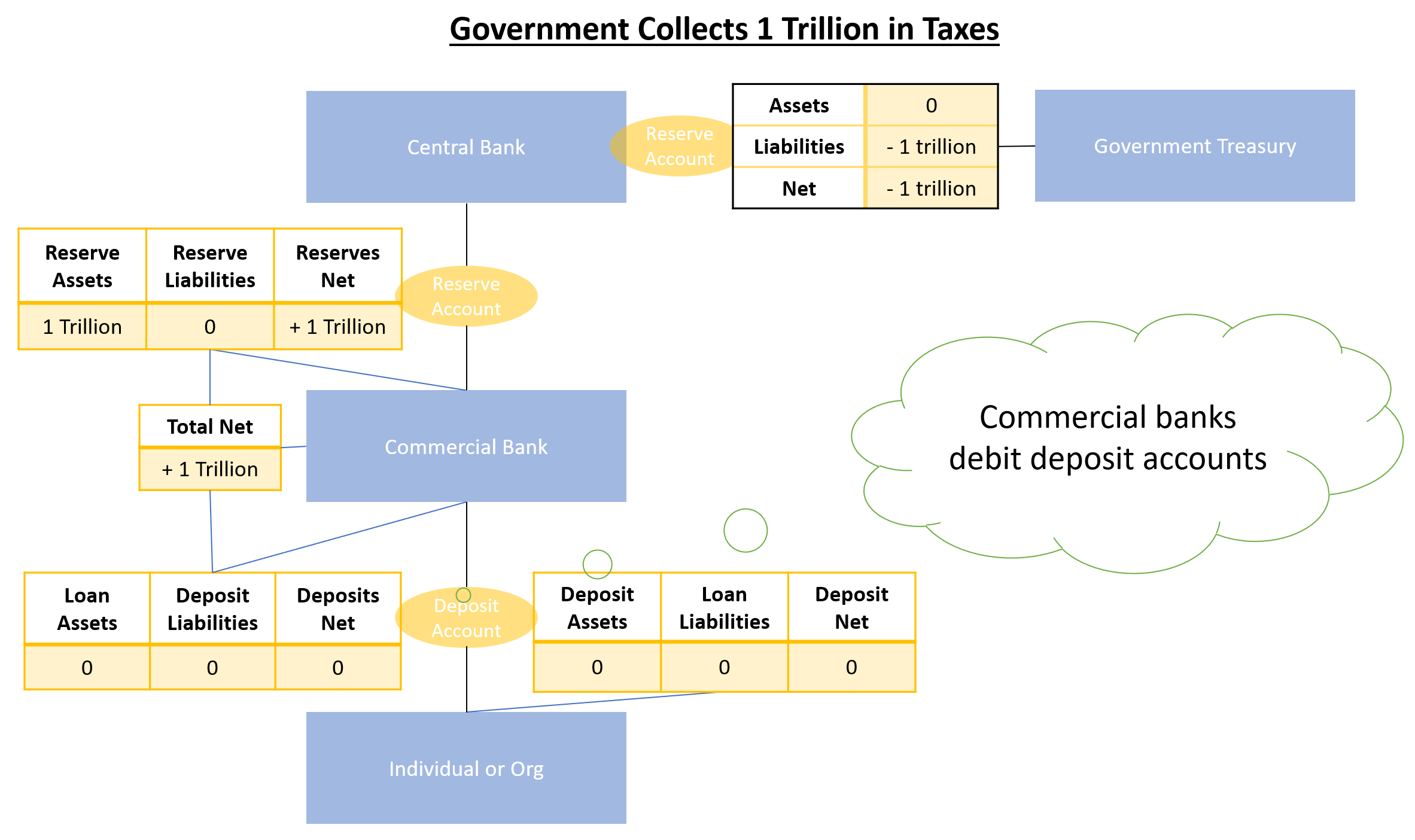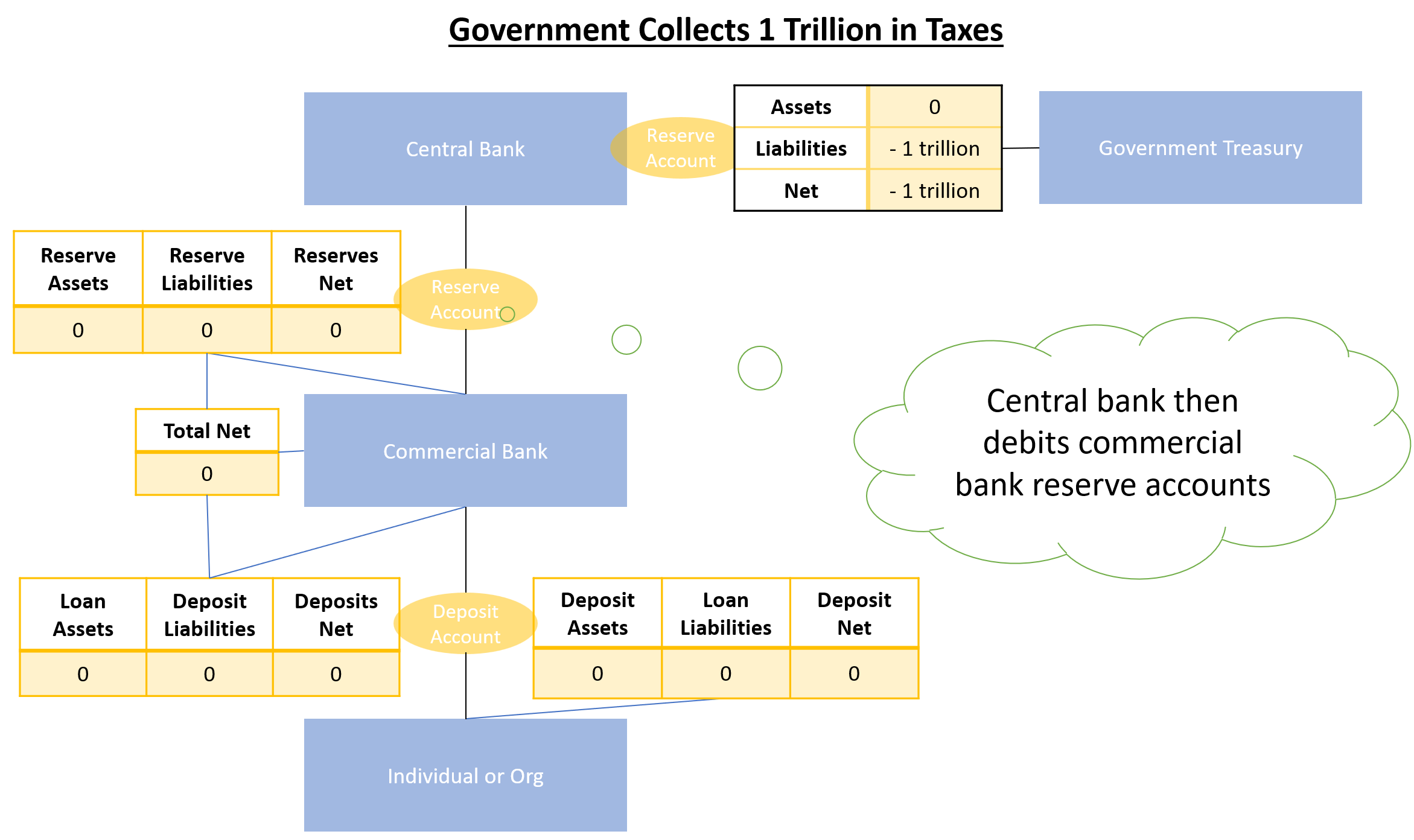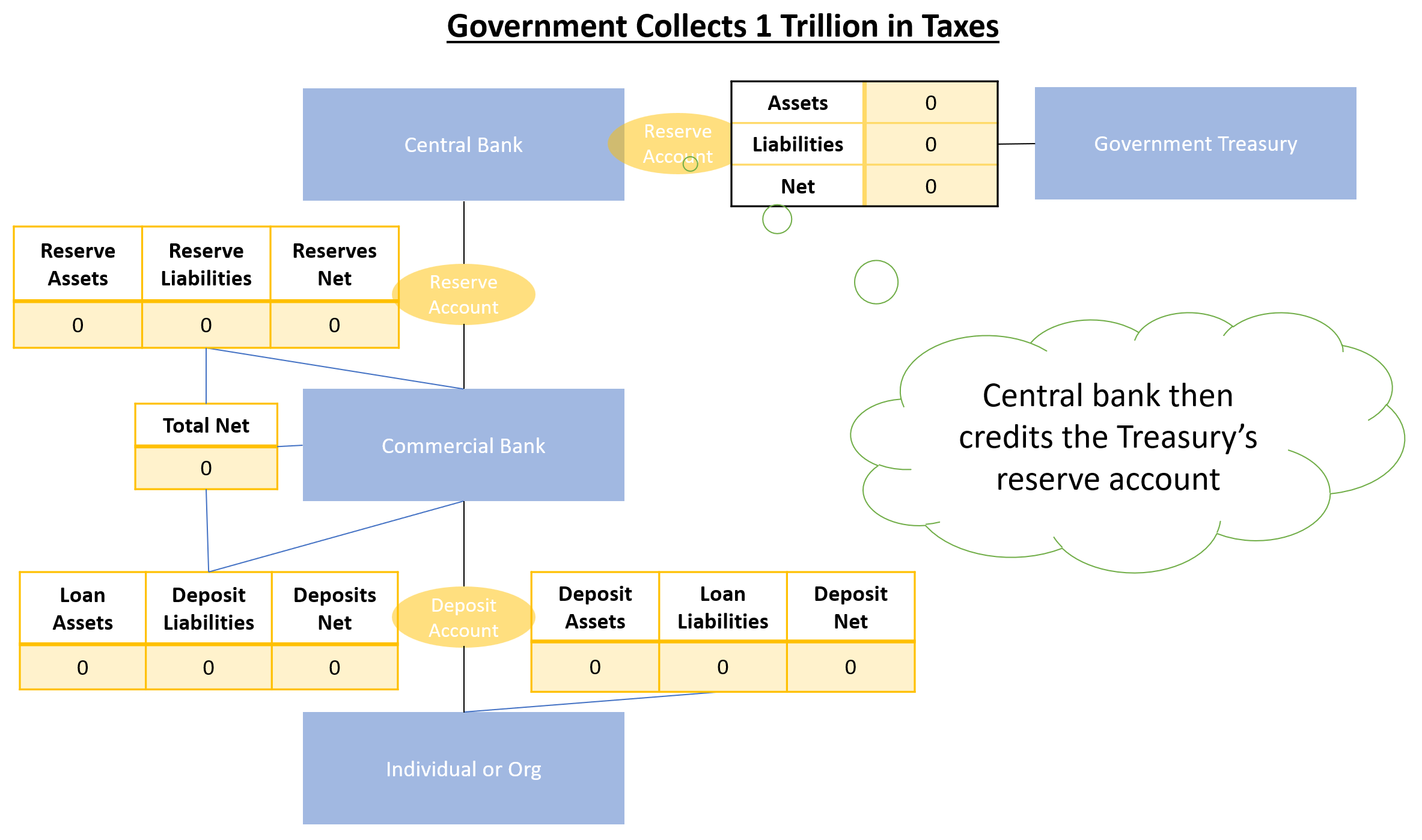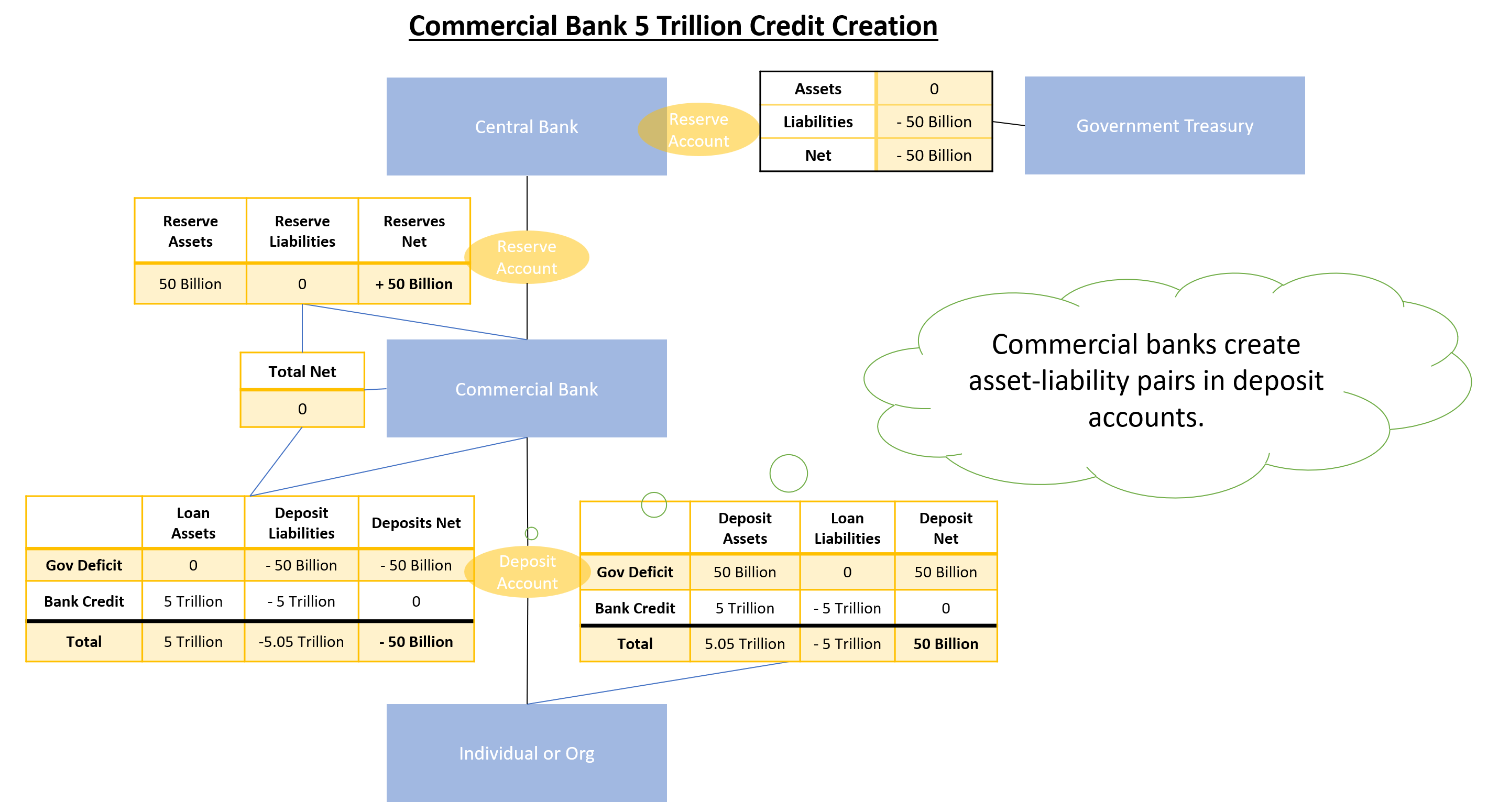In my opinion, any money we make will be completely taken away by taxes. Here is my logic.
When I earn some money (x), I have to give some as tax to the government. For example, let it be 10% of my income. After taxes, I have х - х * 10% = 0.9x of the money I earned. I will spend this money on my needs, and it will become someone's profit. Therefore, this person will also pay 10% to the government.
In this way, the initial amount will remain 0,9х - 0,9х*10%=0,81x.
Here is my calculation table:
As we can see, after 30 steps, only 4% of the initial amount will remain from this money. And this happens with any salary. In the next tax period, I will earn new money and the whole cycle will repeat itself.
My friends told me that I am wrong, and taxes don't take 100% of our money because after taxes we still have 90% of the money we earn. In my opinion, such a view is wrong, because it reflects only 1 present moment, not taking time into account. The money that remains in the hands of a specific person is just a temporary advance.
I also want to pay attention to the fact that our salary was also someone's income, therefore, compared to the employer, we are several steps down when it comes to money movement. In any case, the government with the help of taxes will take all 100% (close to 99.99% to be very precise) of our money, just not immediately, but a few steps later. So tax rate shows the speed with which the money will be withdrawn. For example, when tax rate is 30%, then money completely disappears in 10 moves.
Mathematically, everything seems to be true, but is everything like that in reality? People told me that I am wrong, but don't explain why, so where am I making a mistake?
